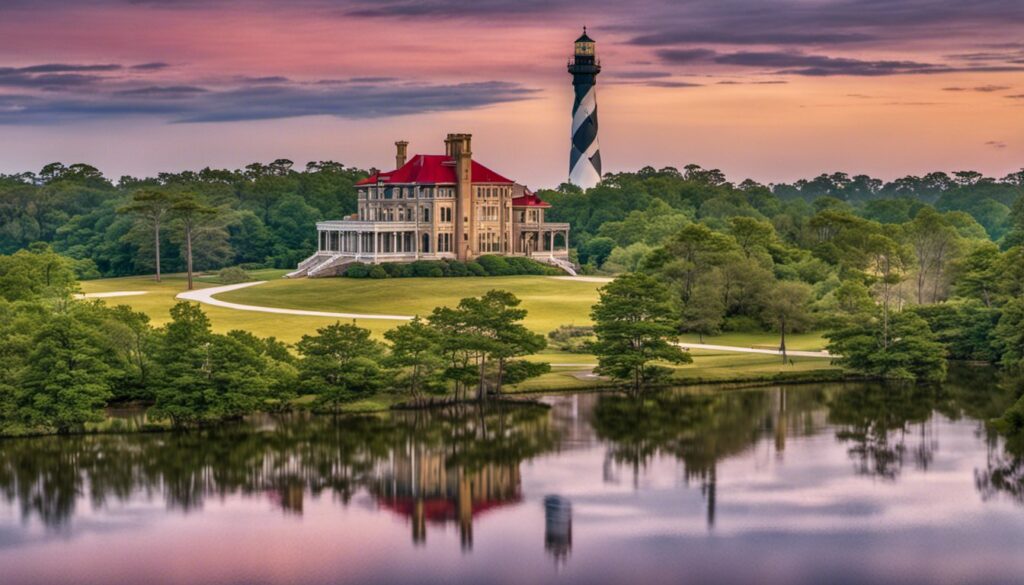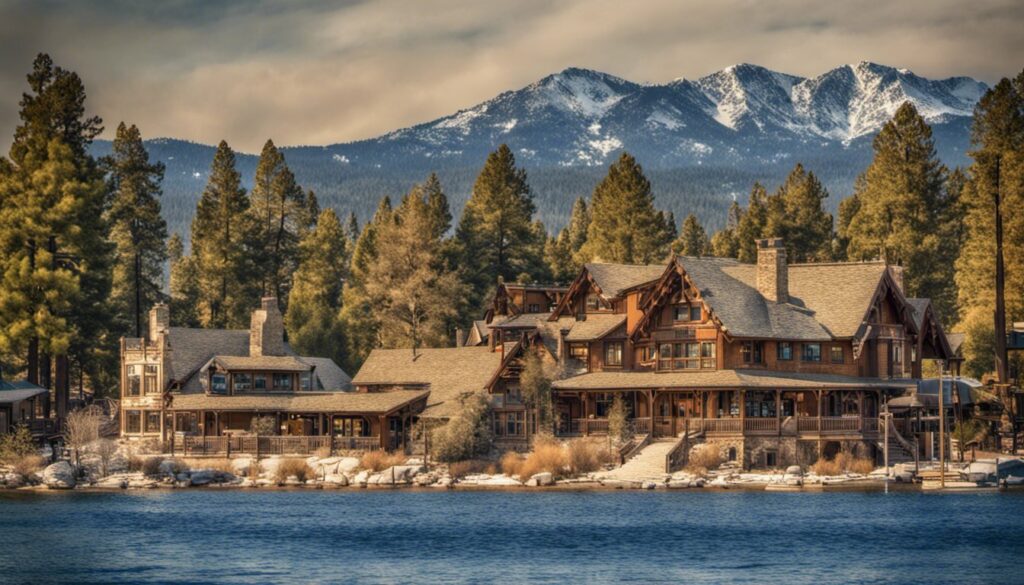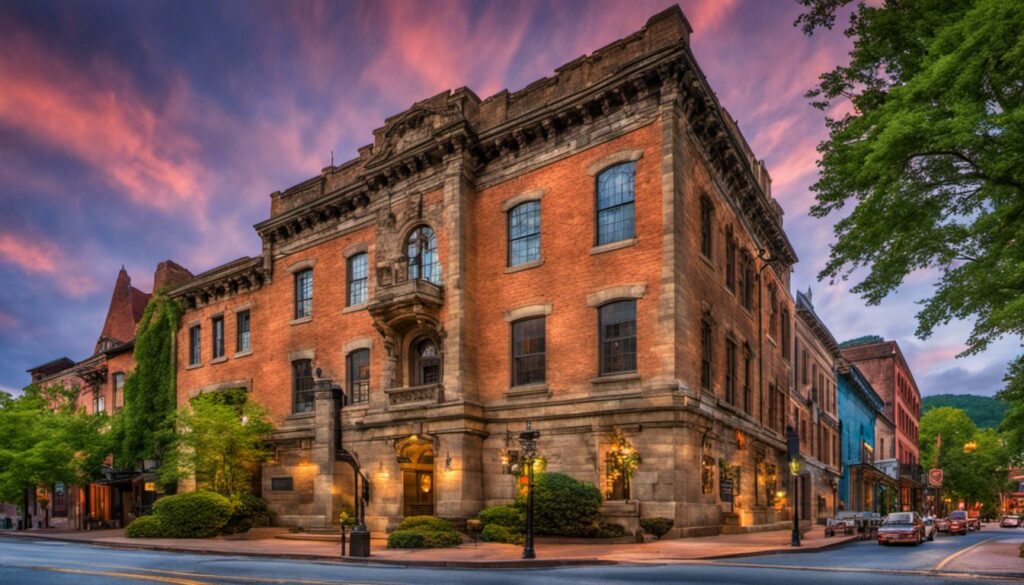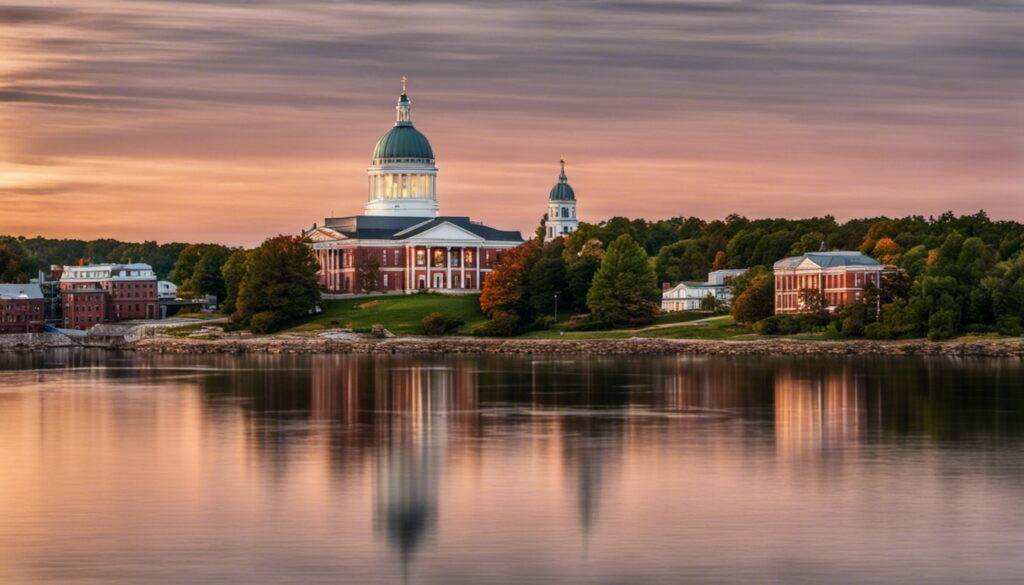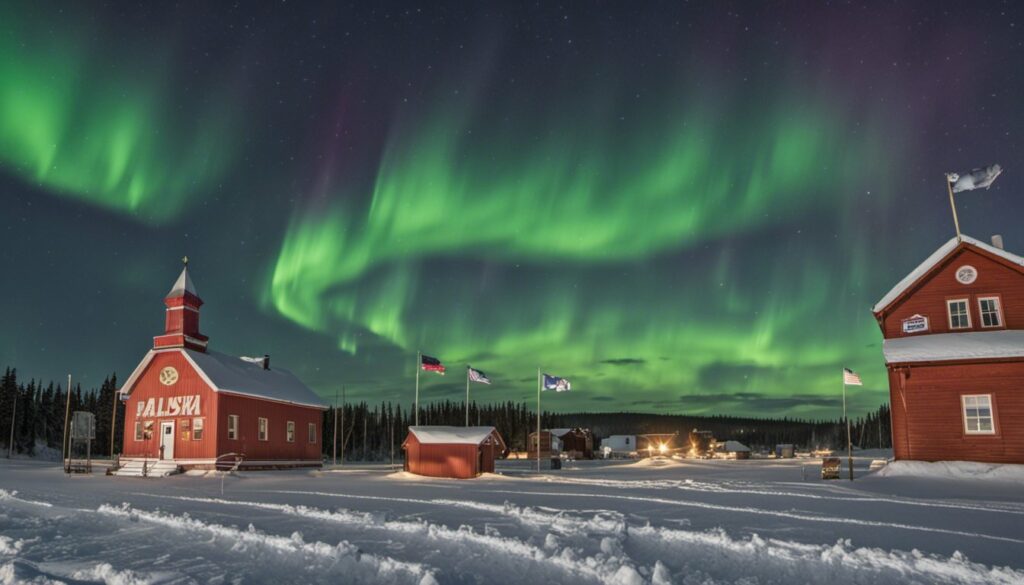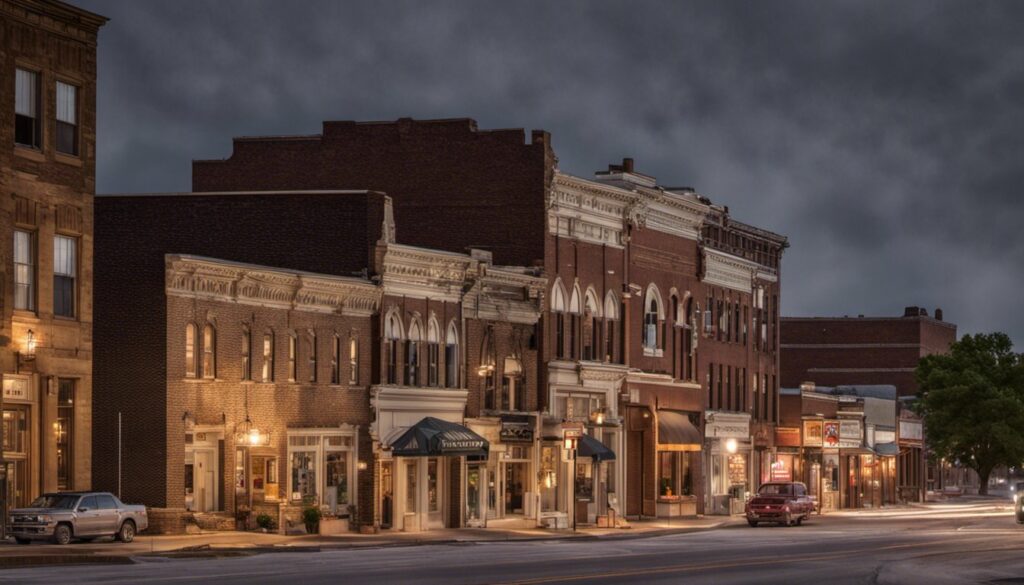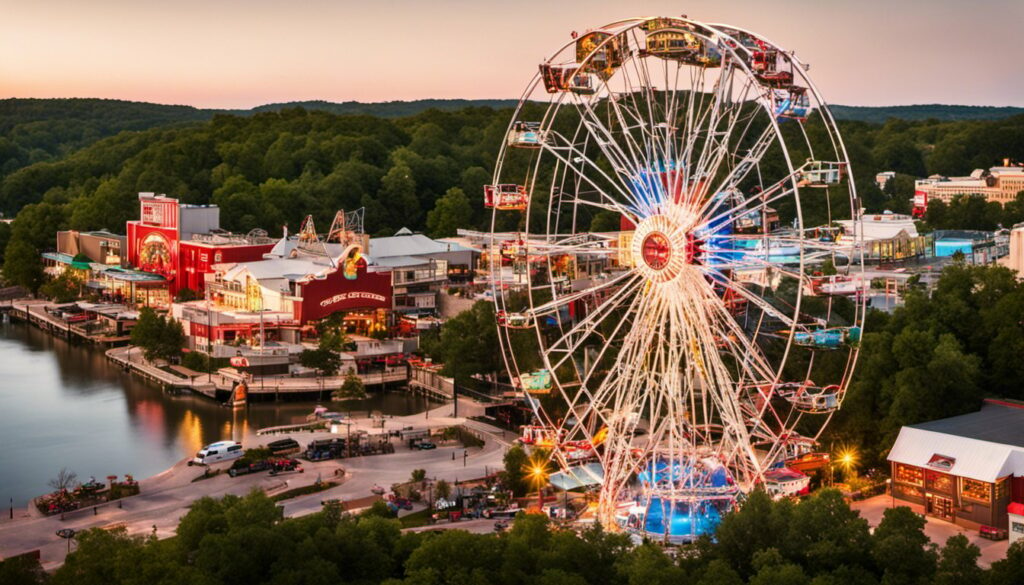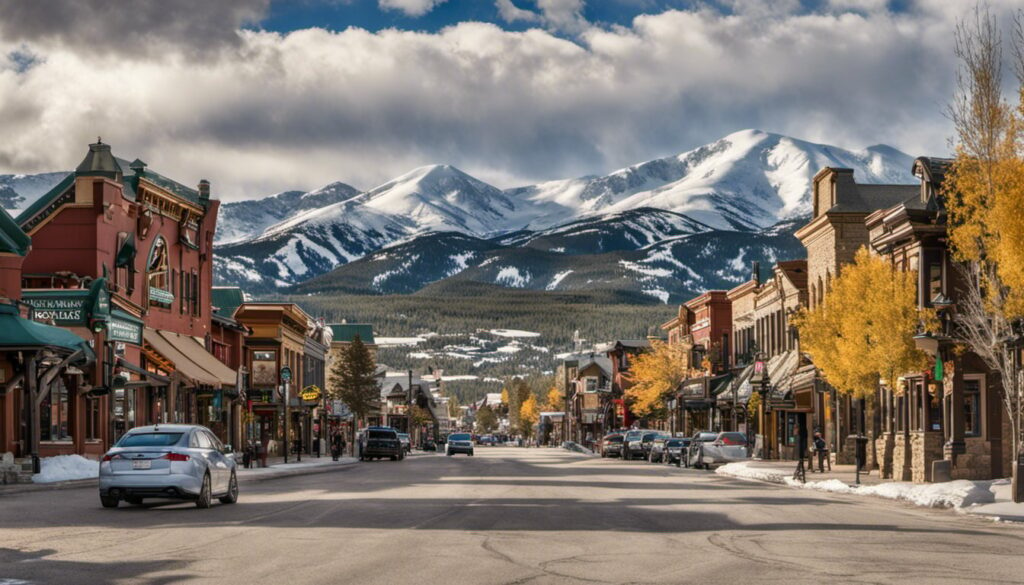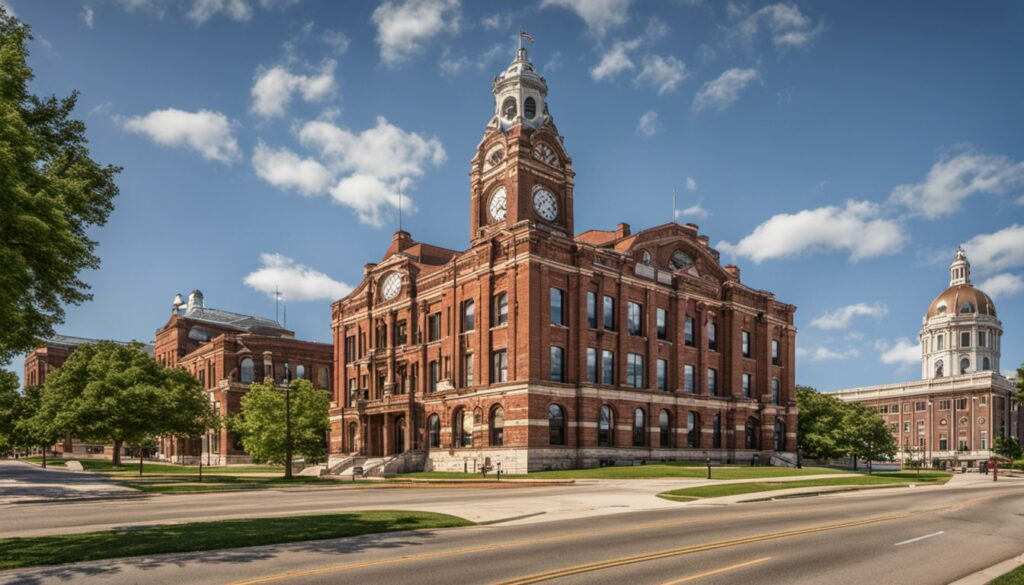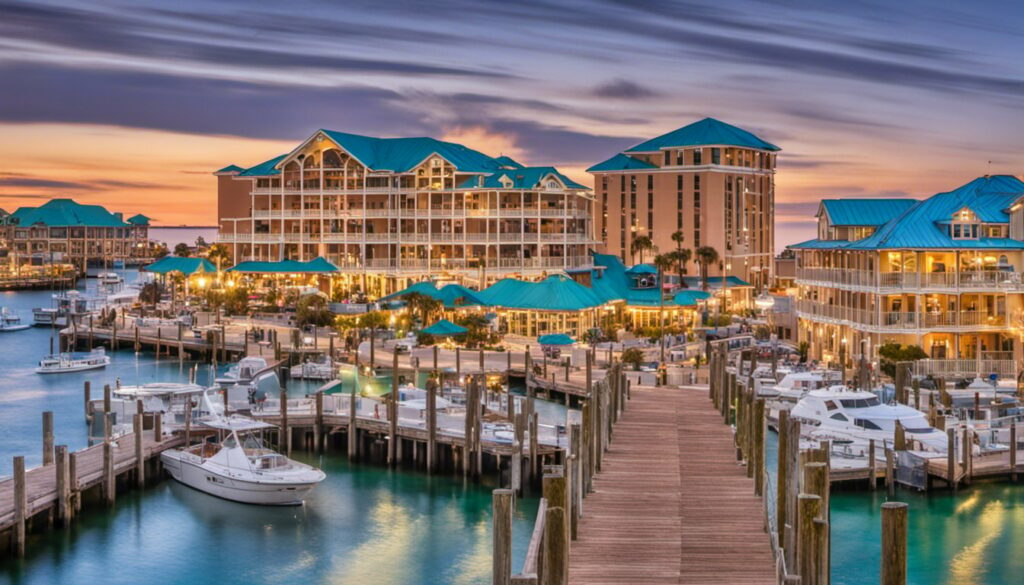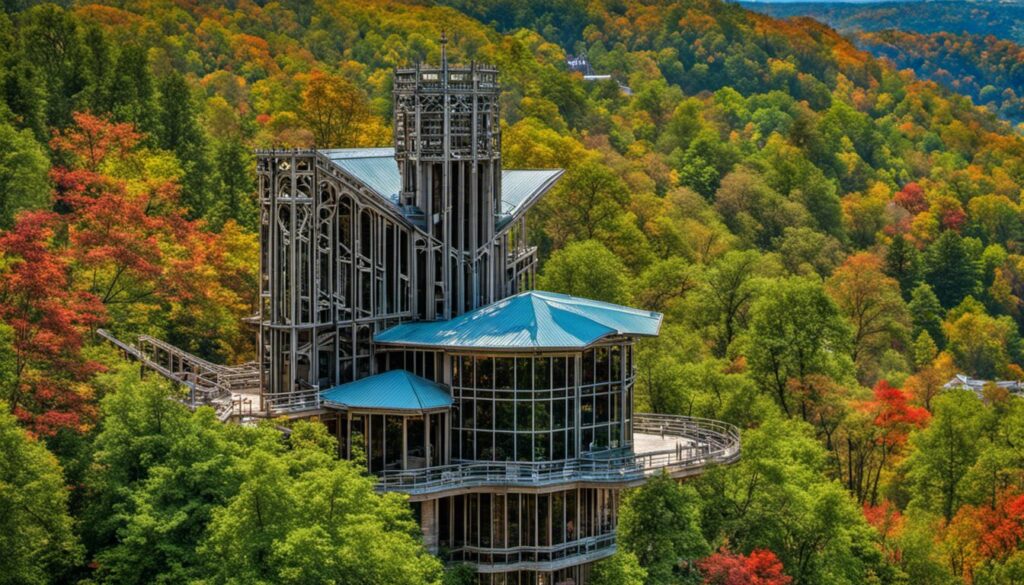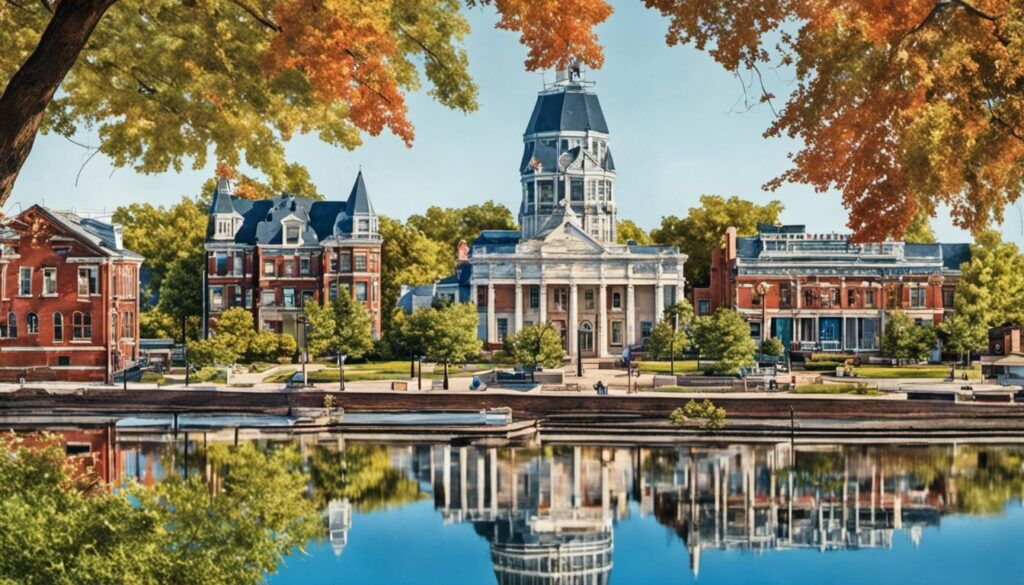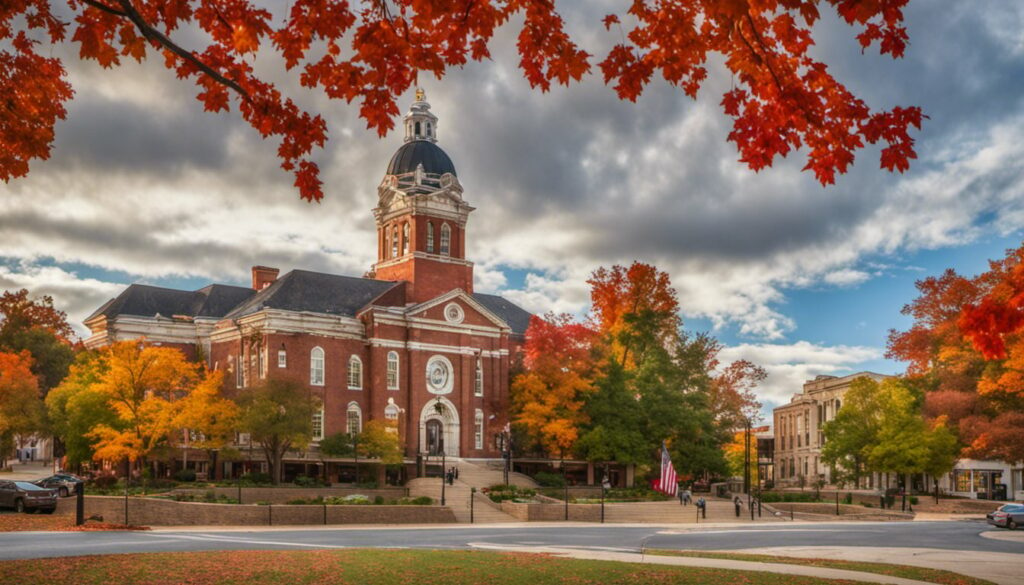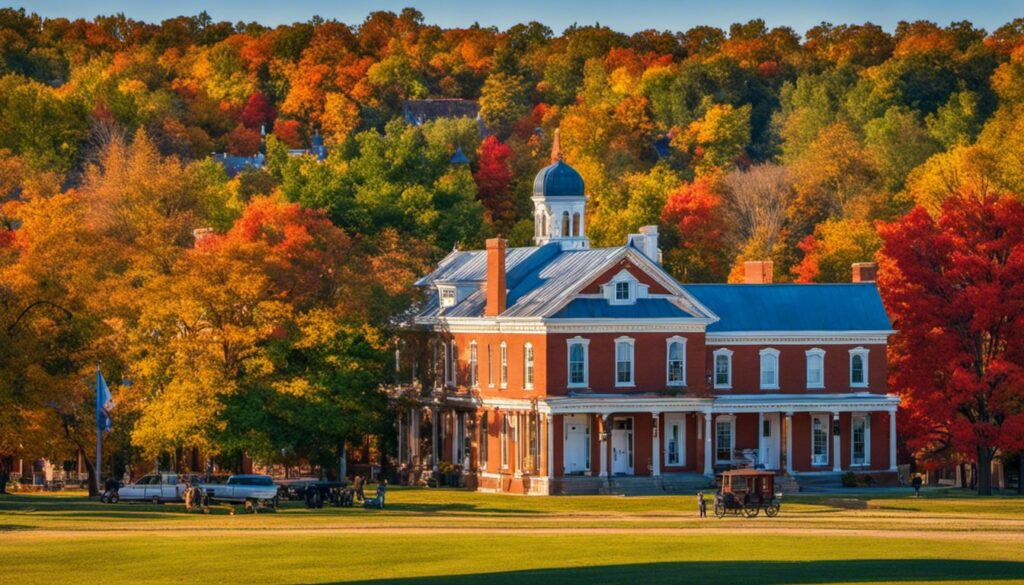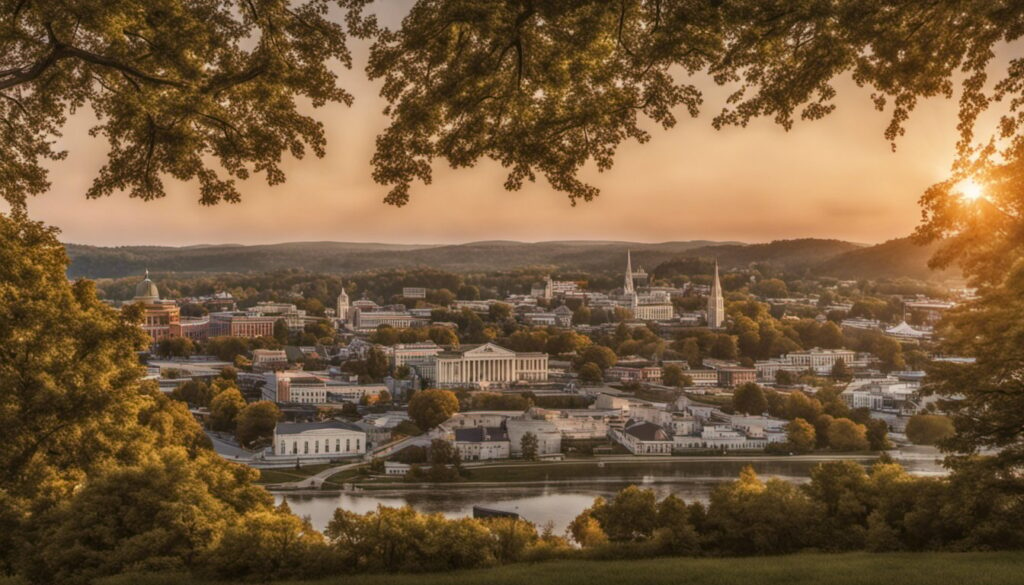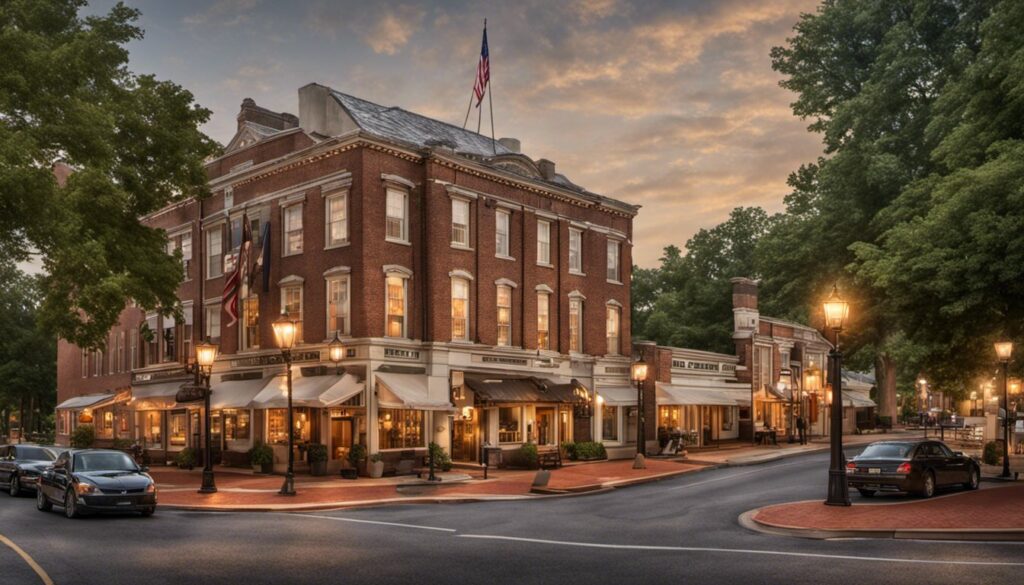Table Of Content
- Discover the Fascinating Historical Sites and Famous Landmarks of North Carolina!
- The Rich History of North Carolina
- Historic Sites and Landmarks
- Significant Battles and War Landmarks
- Historic Cities and Towns
- Notable Historic Figures and Families
- Historic Parks and Natural Sites
- Historic Museums and Educational Sites
- Historic Structures and Buildings
- Historic Events and Cultures
- Frequently Asked Questions
Discover the Fascinating Historical Sites and Famous Landmarks of North Carolina!


Are you planning a trip to North Carolina and want to explore its rich history? Look no further! North Carolina is home to numerous historic sites and famous landmarks that offer a glimpse into the state’s past. From significant battles and war landmarks to historic cities and towns, North Carolina has something for everyone.
North Carolina’s history dates back to the colonial era, and the state played a significant role in the American Revolution and Civil War. The state is home to many historic sites and landmarks that commemorate these events, including the Guilford Courthouse National Military Park and the Fort Fisher State Historic Site. In addition to these, North Carolina also has many notable historic figures and families, such as the Wright Brothers and the Reynolds family, who left a lasting impact on the state’s history.
If you’re interested in learning more about North Carolina’s history, there are plenty of opportunities to do so. You can explore historic parks and natural sites, such as the Blue Ridge Mountains and the Outer Banks, or visit historic museums and educational sites, such as the North Carolina Museum of History and the North Carolina Maritime Museum. Whatever your interests may be, North Carolina has something to offer for history buffs and casual travelers alike.
Key Takeaways
- North Carolina has a rich history dating back to the colonial era, with significant events such as the American Revolution and Civil War.
- The state is home to numerous historic sites and landmarks, including significant battles and war landmarks, historic cities and towns, and notable historic figures and families.
- Visitors can explore historic parks and natural sites, visit historic museums and educational sites, and learn about North Carolina’s fascinating history.
The Rich History of North Carolina


You are about to embark on a journey through the rich history of North Carolina. From its colonial past to its involvement in the Revolutionary War, Civil War, and World War II, North Carolina has played a significant role in shaping the history of the United States.
North Carolina was one of the original 13 colonies, and its history dates back to the 16th century. The state played a crucial role in the Revolutionary War, with many battles fought on its soil. One of the most famous battles was the Battle of Guilford Courthouse, where General Nathanael Greene led the Continental Army against the British.
During the Civil War, North Carolina was a vital part of the Confederacy. The state saw many battles, including the Battle of Bentonville, which was the last major battle of the war. Today, visitors can explore many of the state’s Civil War sites, including Fort Fisher, Fort Macon, and the CSS Neuse Civil War Interpretive Center.
North Carolina played a significant role in World War II, with many of its citizens serving in the military. The state was home to several military bases, including Fort Bragg and Camp Lejeune. Visitors can learn more about the state’s involvement in the war by visiting the Battleship North Carolina, which is now a museum.
North Carolina’s rich history is not limited to its involvement in wars. The state has a long and fascinating past, including its role in the Civil Rights Movement and its contributions to education. The state is home to several historically black colleges and universities, including North Carolina A&T State University and Shaw University.
In conclusion, North Carolina’s history is as diverse and fascinating as the state itself. From its colonial past to its involvement in major wars to its contributions to education, North Carolina has played a significant role in shaping the history of the United States.
Historic Sites and Landmarks


North Carolina is home to a wealth of historic sites and landmarks that are worth visiting. From National Historic Landmarks to sites listed on the National Register of Historic Places, there is something for everyone to explore.
One of the most famous landmarks in North Carolina is the Biltmore Estate. Built from 1889-1895 as a vacation home for George and Edith Vanderbilt, the stunning 8000-acre estate has 250 total rooms, with a lavish library, 33 bedrooms, and luxurious indoor swimming pool.
Another must-see landmark is the USS North Carolina Battleship Memorial. This World War II battleship is now a museum that allows visitors to explore the ship and learn about its history.
If you’re interested in Native American history, the Town Creek Indian Mound State Historic Site is a fascinating destination. This site was once a major center of the Pee Dee culture and features a reconstructed ceremonial center, burial ground, and more.
Other notable historic sites in North Carolina include the Reed Gold Mine, where the first documented gold find in the United States occurred, and the Wright Brothers National Memorial, which commemorates the first powered flight in history.
Overall, North Carolina’s historic sites and landmarks offer a unique glimpse into the state’s rich history and are a must-see for anyone interested in exploring the past.
Significant Battles and War Landmarks


If you are a history buff, North Carolina is the perfect place for you. The state has a rich history of battles and wars, and there are several landmarks and historical sites that you can visit to learn more about them. Here are some of the most significant battles and war landmarks that you should visit in North Carolina.
Civil War Landmarks


North Carolina played a significant role in the American Civil War, and there are several landmarks that are worth exploring. One of the most famous is the Bentonville Battlefield, which was the site of the largest battle fought in North Carolina. The battlefield now has a museum where you can learn more about the battle and the role that North Carolina played in the Civil War.
Another landmark is the Guilford Courthouse National Military Park, which was the site of a major battle in the Revolutionary War. The park has several exhibits and displays that showcase the battle and its impact on the war.
Revolutionary War Landmarks


North Carolina was also involved in the Revolutionary War, and there are several landmarks that commemorate the state’s role in the war. One of the most famous is the Guilford Courthouse National Military Park, which was the site of a major battle in the Revolutionary War.
World War II Landmarks


North Carolina played a significant role in World War II, and there are several landmarks that commemorate the state’s involvement in the war. One of the most famous is the Battleship North Carolina, which served during World War II and is now a museum. The ship has several exhibits and displays that showcase its history and the role that it played in the war.
Another landmark is Fort Fisher, which was a Confederate fort during the Civil War and was later used by the Union Army during World War II. The fort now has a museum where you can learn more about its history and the role that it played in the war.
Finally, there is the USS North Carolina, which was a battleship that served during World War II. The ship is now a museum and has several exhibits and displays that showcase its history and the role that it played in the war.
North Carolina has a rich history of battles and wars, and there are several landmarks and historical sites that you can visit to learn more about them. Whether you are interested in the Civil War, the Revolutionary War, or World War II, there is something for everyone in North Carolina.
Historic Cities and Towns


North Carolina is home to several historic cities and towns that are a must-visit for history buffs. Each of these places has its unique charm and offers a glimpse into the state’s rich history. Below are the top five historic cities and towns in North Carolina that you should add to your itinerary.
Asheville


Asheville is a charming city nestled in the Blue Ridge Mountains and is known for its vibrant arts scene, stunning architecture, and rich history. The city is home to several historic landmarks, including the Biltmore Estate, a 250-room mansion built-in 1895, and the Thomas Wolfe Memorial, the childhood home of the famous author.
Wilmington


Wilmington is a coastal city that played a significant role in the Civil War and has a rich maritime history. The city’s downtown area is home to several historic buildings and landmarks, including the Bellamy Mansion Museum, the Burgwin-Wright House and Gardens, and the USS North Carolina Battleship Memorial.
Durham


Durham is a vibrant city that was once a hub for tobacco production. The city is home to several historic sites, including the Duke Homestead State Historic Site, the Bennett Place State Historic Site, and the Stagville State Historic Site, which was once a major plantation.
Winston-Salem


Winston-Salem is a city located in the Piedmont region of North Carolina and is known for its rich history and cultural heritage. The city’s downtown area is home to several historic sites, including the Old Salem Museums and Gardens, a living history museum that showcases life in Salem in the 18th and 19th centuries.
New Bern


New Bern is a charming town located on the banks of the Neuse River and is known for its rich history and stunning architecture. The town’s downtown area is home to several historic sites, including the Tryon Palace Historic Sites and Gardens, the North Carolina History Center, and the New Bern Firemen’s Museum.
Whether you’re interested in architecture, history, or just want to soak up the charm of these historic cities and towns, North Carolina has something for everyone. So pack your bags and get ready to step back in time.
Notable Historic Figures and Families


North Carolina has a rich history of notable figures and families that have left their mark on the state. From politicians to cultural icons, here are some of the most important names in North Carolina’s history:
The Alexanders


The Alexander family played a significant role in North Carolina’s history. Archibald Alexander was a prominent lawyer and politician who served as a United States Senator from 1801 to 1807. His son, William Julius Alexander, was a Confederate general during the Civil War. The family also founded the town of Taylorsville, which was named after Archibald’s son-in-law, General Zachary Taylor.
The Ashes


The Ashe family was one of the most prominent families in North Carolina during the colonial period. John Baptista Ashe was a lawyer, politician, and judge who served as the Governor of North Carolina from 1795 to 1798. His son, Samuel Ashe, also served as governor and was a delegate to the Continental Congress.
The Moores


The Moore family was another influential family in North Carolina’s history. Alfred Moore was a lawyer and politician who served as a United States Senator and as a justice on the Supreme Court. His son, Alfred Moore Jr., was also a lawyer and politician who served in the North Carolina House of Representatives.
The Unions


The Union family was a prominent family in North Carolina during the Revolutionary War. James Union was a captain in the Continental Army and was killed in the Battle of Guilford Courthouse. His son, James Union Jr., was a lawyer and politician who served in the North Carolina House of Representatives.
The Jacksons


Andrew Jackson, the seventh President of the United States, was born in North Carolina. While he is best known for his presidency, he also played a significant role in the Battle of New Orleans during the War of 1812. His childhood home, the Andrew Jackson State Park, is now a historic site that is open to the public.
The Lees


The Lee family is another notable family in North Carolina’s history. Robert E. Lee, the famous Confederate general, was born in Virginia but spent much of his childhood in North Carolina. His father, “Light Horse Harry” Lee, was a Revolutionary War hero who served as the Governor of Virginia.
The Lincolns


While Abraham Lincoln was not from North Carolina, his father, Thomas Lincoln, was born in the state. Thomas Lincoln was a farmer and carpenter who moved to Kentucky when he was a young man. Abraham Lincoln visited North Carolina during his presidency and even gave a speech in Raleigh in 1865.
Overall, North Carolina has a rich history of influential figures and families that have left their mark on the state. From politicians to cultural icons, their legacies continue to be celebrated today.
Historic Parks and Natural Sites


North Carolina is home to a wealth of natural beauty and historic sites that are worth exploring. From the mountains to the coast, there are plenty of state and national parks that offer visitors a chance to experience the state’s unique landscapes and cultural heritage.
State Parks


North Carolina has over 40 state parks that offer a variety of recreational opportunities, including hiking, camping, fishing, and boating. Some of the most popular state parks include:


- Jockey’s Ridge State Park: Home to the tallest active sand dune on the East Coast, Jockey’s Ridge is a popular spot for hang gliding and sandboarding. The park also offers hiking trails and a visitor center with exhibits on the area’s natural and cultural history.


- Pilot Mountain State Park: Located in the northern Piedmont region, Pilot Mountain is a distinctive landmark that offers panoramic views from its summit. The park also has hiking trails, picnic areas, and a campground.


- Hanging Rock State Park: Known for its scenic waterfalls and rock formations, Hanging Rock is a popular destination for hiking, swimming, and fishing. The park also has cabins and campsites for overnight stays.
National Parks


North Carolina is home to two national parks that offer visitors a chance to explore some of the most iconic landscapes in the country:


- Great Smoky Mountains National Park: Straddling the border between North Carolina and Tennessee, the Great Smoky Mountains are a UNESCO World Heritage Site that offer stunning views, diverse wildlife, and a rich cultural history. Visitors can hike, fish, camp, and explore historic buildings and exhibits.


- Cape Hatteras National Seashore: Located on the Outer Banks, Cape Hatteras is a 70-mile stretch of pristine beaches, dunes, and maritime forests. The park is home to historic lighthouses, shipwrecks, and a variety of wildlife, including sea turtles and migratory birds.
Whether you’re looking to explore North Carolina’s natural beauty or learn about its rich cultural heritage, the state’s state and national parks offer something for everyone. So pack your bags, hit the road, and get ready to discover all that North Carolina has to offer!
Historic Museums and Educational Sites


North Carolina is home to many historic museums and educational sites that are perfect for history buffs and those who want to learn more about the state’s rich past. Whether you are interested in gold mining, state history, or simply want to explore a unique cultural experience, there is something for everyone.
One of the most popular educational sites in North Carolina is the Reed Gold Mine. The site is a state historic site that is dedicated to preserving the history of gold mining in the state. Visitors can explore the underground tunnels and learn about the history of gold mining in the area. The site also offers educational programs for school groups and families.
Another popular educational site is the Roanoke Island Festival Park. The park is dedicated to preserving the history of the Roanoke Island settlement and the English colonization of the area. Visitors can explore the park’s interactive exhibits and learn about the history of the area through hands-on experiences.
If you are interested in learning about North Carolina’s state history, there are many museums to choose from. The North Carolina Museum of History is a great place to start. The museum features exhibits on the state’s history from pre-colonial times to the present day. The museum also offers educational programs and events throughout the year.
Other notable historic museums and educational sites in North Carolina include the Battleship North Carolina, the Wright Brothers National Memorial, and the Duke Homestead State Historic Site. Each of these sites offers a unique perspective on the state’s history and culture.
Overall, North Carolina’s historic museums and educational sites are a great way to learn about the state’s rich history and culture. Whether you are a history buff or simply looking for a unique cultural experience, there is something for everyone to enjoy.
Historic Structures and Buildings


North Carolina is home to many historic structures and buildings that offer a glimpse into the state’s rich history. Here are some of the most notable ones:
Biltmore Estate


You simply cannot visit North Carolina without visiting the Biltmore Estate. This iconic mansion was built by George Vanderbilt in the late 1800s and is the largest privately owned house in the United States. The estate features over 250 rooms, including a banquet hall, a library, and a winter garden. You can take a self-guided tour of the mansion and explore the beautiful gardens and grounds.
Tryon Palace


If you’re interested in North Carolina’s colonial history, you should definitely check out Tryon Palace. This historic site was the first permanent state capitol of North Carolina and served as the governor’s mansion. Today, you can tour the palace and its gardens and learn about life in colonial times.
Old Salem


Old Salem is a restored 18th-century Moravian settlement in Winston-Salem. The site features over 100 restored buildings, including homes, shops, and churches. You can take a guided tour of the site and learn about the Moravian way of life in colonial times.
Blandwood Mansion


Blandwood Mansion is a historic home in Greensboro that was built in the 1840s. It was the home of North Carolina Governor John Motley Morehead and is now a museum. You can take a guided tour of the mansion and learn about its history and architecture.
These historic structures and buildings are just a few of the many fascinating places to visit in North Carolina. Whether you’re interested in colonial history, architecture, or just want to experience the grandeur of the Biltmore Estate, there’s something for everyone to enjoy.
Historic Events and Cultures


North Carolina is a state filled with rich history and culture. From the Moravians who settled in Salem to the American Indians who called this land home for centuries, the state has a diverse and fascinating past. Here are just a few of the historic events and cultures that have shaped North Carolina’s history.


- The Lost Colony: In 1587, a group of English settlers arrived on Roanoke Island to establish a colony. However, by 1590, when a supply ship returned, the colony had vanished, leaving behind only a mysterious message carved into a tree. The fate of the Lost Colony remains a mystery to this day and has become a source of fascination for historians and visitors alike.


- American Indians: North Carolina was home to many Native American tribes, including the Cherokee, Tuscarora, and Catawba. These tribes had their own unique cultures, languages, and traditions, and their influence can still be seen in the state today.


- Moravians: The Moravians were a Protestant sect that settled in Salem in the 18th century. They built a thriving community based on their faith, with a strong focus on education, music, and craftsmanship. Today, visitors can tour the historic buildings and learn about Moravian culture at Old Salem Museums & Gardens.


- Farmers: Agriculture has always been an important part of North Carolina’s economy, and farmers have played a key role in shaping the state’s history. From the tobacco fields of the Piedmont to the cotton plantations of the Coastal Plain, North Carolina’s farmers have worked hard to feed the state and the nation.


- US Government: North Carolina has a long history of involvement in the US government, from the Revolutionary War to the Civil Rights Movement. The state was the site of several important battles during the Civil War, including the Battle of Bentonville, and played a key role in the Civil Rights Movement, with leaders like Charlotte’s Harvey Gantt and Greensboro’s Franklin McCain.


- Wright Brothers National Memorial: North Carolina is also home to the Wright Brothers National Memorial, located in Kitty Hawk. This site commemorates the first successful powered flight by Orville and Wilbur Wright in 1903, which took place on the sandy dunes of the Outer Banks.


- Salem Tavern: Salem Tavern is a historic building in Winston-Salem that dates back to the late 18th century. It was a popular gathering place for locals and travelers alike, and even hosted George Washington during his Southern Tour in 1791. Today, visitors can dine in the tavern’s restaurant and learn about its history at the Museum of Early Southern Decorative Arts.


- Battleship USS North Carolina: Finally, the Battleship USS North Carolina is a historic landmark in Wilmington that served in both World War II and the Korean War. Visitors can explore the ship and learn about its role in American military history.
North Carolina’s rich history and diverse cultures make it a fascinating destination for anyone interested in learning about the past. Whether you’re interested in exploring historic sites, learning about different cultures, or just soaking up the state’s unique atmosphere, there’s something for everyone in North Carolina.
Frequently Asked Questions
What are some historic towns to visit in North Carolina?
North Carolina has a rich history, and there are many historic towns that you can visit to learn more about it. Some of the most popular ones include Wilmington, New Bern, Edenton, and Bath. Each of these towns has its own unique history and charm, and there are plenty of museums, historic homes, and other attractions to explore.
Are there any free historical sites near me in North Carolina?
Yes, there are many free historical sites that you can visit in North Carolina. Some of the most popular ones include the Wright Brothers National Memorial, the Fort Raleigh National Historic Site, and the Guilford Courthouse National Military Park. These sites offer a great opportunity to learn more about North Carolina’s history without having to spend any money.
What waterways played a significant role in North Carolina’s history?
North Carolina is home to many important waterways that played a significant role in its history. Some of the most notable ones include the Cape Fear River, the Neuse River, and the Roanoke River. These waterways were used for transportation, trade, and industry, and they played a crucial role in the development of the state.
Have you heard of the North Carolina Historical Society?
Yes, the North Carolina Historical Society is a nonprofit organization that is dedicated to preserving and promoting the history of North Carolina. The society was founded in 1844, and it has since become one of the most respected historical organizations in the country. The society offers a wide range of programs and services, including educational programs, research resources, and publications.
What can I see at the Battleship North Carolina?
The Battleship North Carolina is one of the most popular historical sites in North Carolina. Visitors can explore the ship and learn about its history and the role it played in World War II. Some of the highlights of the ship include the gun turrets, the engine room, and the captain’s quarters.
Who are some famous people from North Carolina?
North Carolina has been home to many famous people throughout history. Some of the most notable ones include Michael Jordan, Andy Griffith, Maya Angelou, and Billy Graham. These individuals have made significant contributions to their respective fields and have helped to shape the culture and history of North Carolina.

